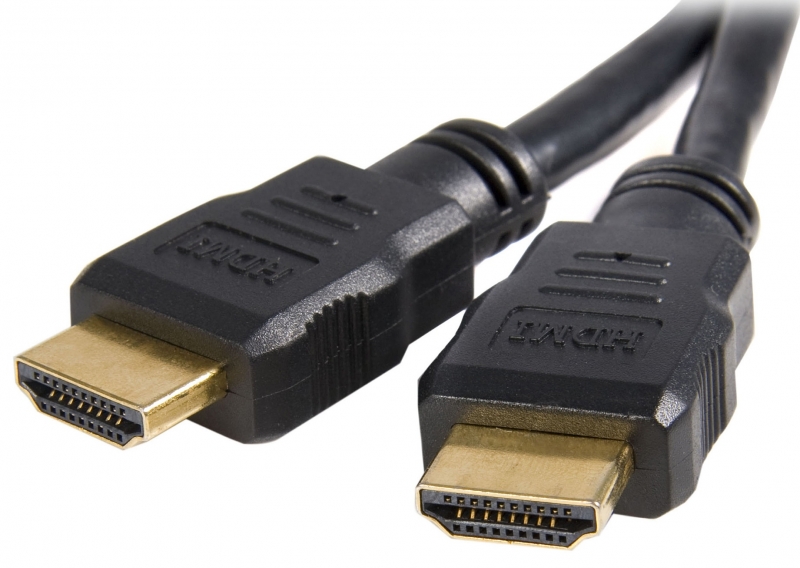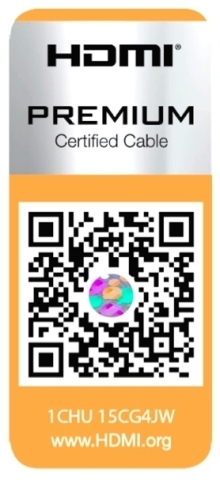
If you want a HDMI cable that's capable of transmitting a 1080p signal, picking up a $4 cable from Amazon will probably suit you just fine. But if you're after a HDMI cable for your new 4K 60 Hz setup, there's a chance that the same $4 cable won't have enough bandwidth for the high-resolution HDMI 2.0 signal.
The high bandwidth requirements of 2160p60 is why the HDMI Licensing group are launching the Premium HDMI Cable Certification Program. As the name suggests, this program will test and certify HDMI cables at an authorized testing center to ensure they can support the 18 Gbps signal needed for HDMI 2.0, without interfering with wireless signals.

Cables that pass the testing process can feature "HDMI Premium Certified Cable" branding on their packaging, and will carry "a tamper-proof, anti-counterfeit label to differentiate them from other HDMI cables." As this is super serious business, retailers and consumers will be able to scan the label using a mobile app to verify their authenticity.
It's not completely clear how much these "premium" HDMI cables will cost, but you can be sure that they'll cost a fair bit more than your standard cheap cable from Amazon. At least with the certification process you know these cables will be capable of transmitting 18 Gbps signals, so hopefully they won't just become the next Monster Cables.
https://www.techspot.com/news/62331-premium-hdmi-cables-coming-certified-4k.html